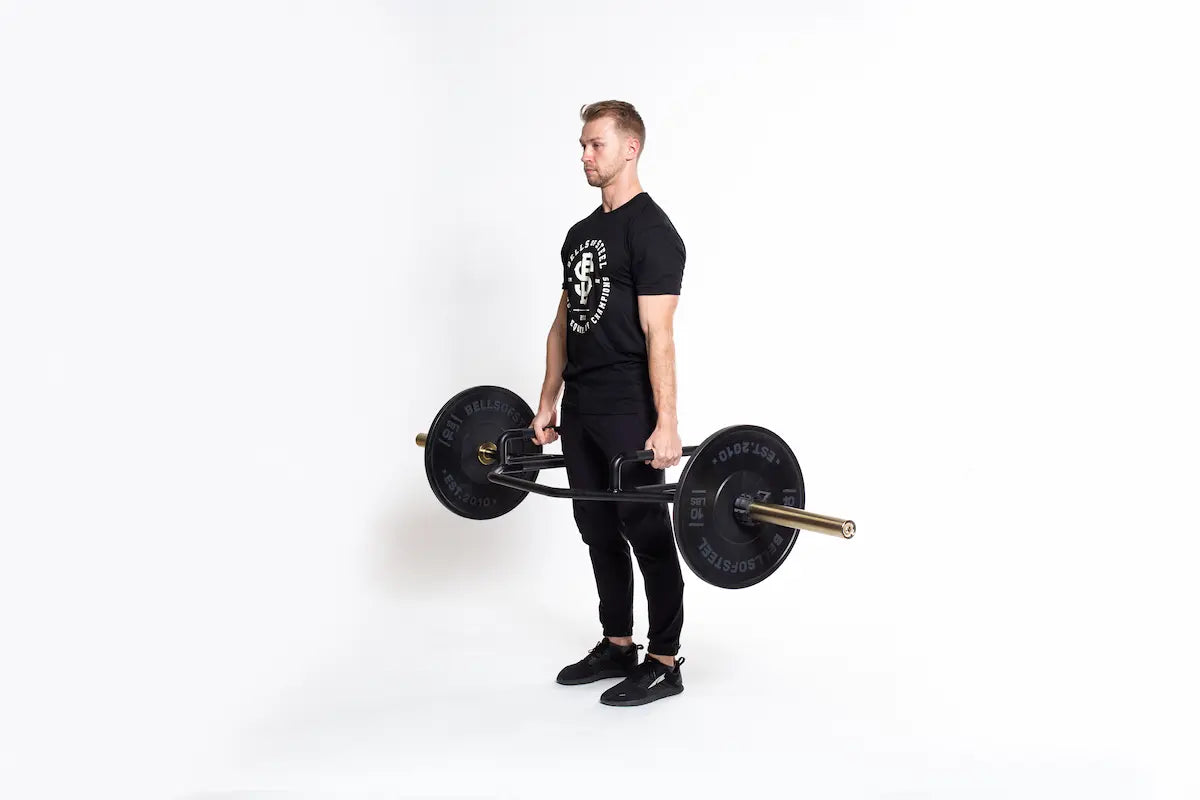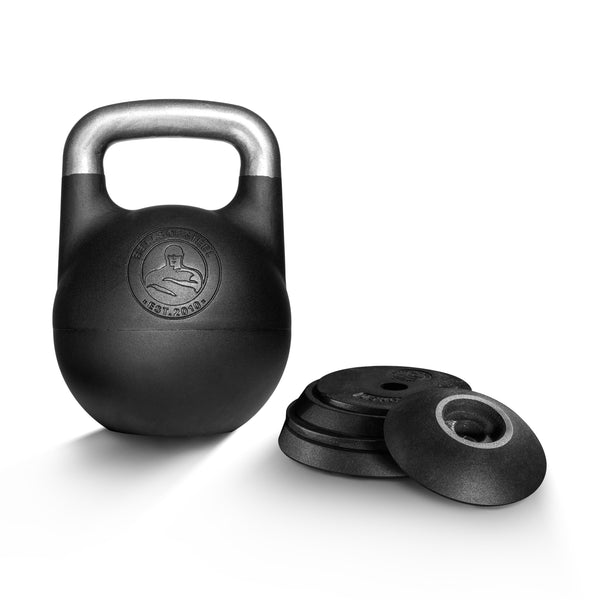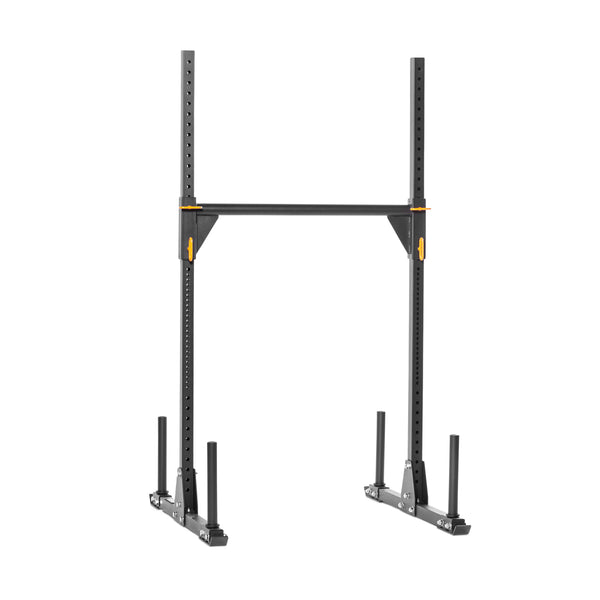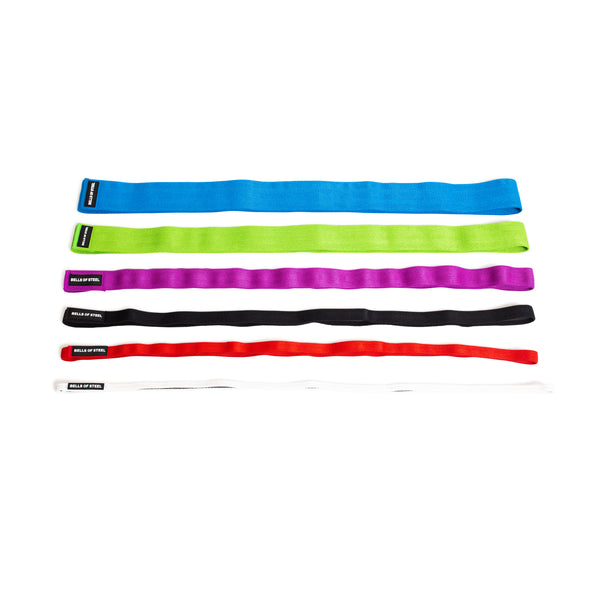My history in strongman is a textbook example of the steps to getting started in strongman training. I had a lot of dumb luck, but ended up with a successful strongman club that still thrives today, despite me having moved away over a year ago.
I also opened a “hobby” gym to cater to strength sports, and later integrated our club into a high performance gym where it stands today, at Strive Fitness in Calgary, Alberta, Canada. I am at the very beginning of my strongman career, still very much competing casually as I still am playing my passion sport; Rugby.
Though I’ve never competed at the Worlds Strongest man, I have had the opportunity to coach and be coached, and learn the methods of one of the greatest contributors to strongmen in Canada, Marshall Ennis, as well as a handful of top Canadian guys. I’ve coached many rookies, and helped them get on to their strongman journey.
I started training in strongman in May 2010. I had spent the last 8 months training and competing in Olympic lifting and now that the summer was approaching after a long, bitter cold Calgary winter, I wanted to get outside for my training. I had been reading and watching a lot of DeFranco that year, and after seeing the movie “Strong” that was it, I needed to start doing strongman, it just looked way too cool. The following is a step by step guide on how I got started, and some best practices to getting yourself started in Strongman.
1. Get Yourself Some Strongman Implements
There’s just no getting around it. Yoke walks in a squat cage, tricep bar “log press” and any other creative little work arounds you come up with are ok, but you need the real deal for the real benefits.
My friend and I picked up an old 400lb tire, and later added larger ones as we progressed, that a shop was happy to give away (most times they have to pay for them to get recycled). I found a welder on craigslist to do some simple farmers rails (before I started carrying my own brand of them), and I took a sled and 15kg sledge out of my Bells of Steel inventory.
2. Get Yourself a Strongman Crew
First and foremost for the motivation. Out of all the strength sports, I love doing strongman the most because it is so dynamic, and the most similar to, well, regular sports. Olympic lifting/powerlifting who ever is the strongest in set parameters wins. Whereas in strongman: whoever has the best will power, conditioning, power, strength, footwork, speed, athleticism wins. But it is the motivation and will power that you need a crew most for.
I remember one day we were doing yoke walks in prep for our competition. The yoke (which we still have) was a cruel mistress. Rickety as your grandma’s knees and twice as scornful. We had loaded it to about 600lbs, a weight I had never done before. I was the weakest/youngest of the crew, and my 3 training partners had hammered out some grueling 30 meter jaunts. I was up.
I literally could not even get it off the ground. After about 5 attempts to pick it, my teammates took me aside and had some strong, choice words for me. Mostly about my qualities of being a man (or lack there of), but also about my capabilities.
Minutes after my failed attempt not only did I pick it, I took it for a 20 meter walk. I would have given up long ago if I had been solo. Other essential reasons for a crew: Split the costs of implements. They can be expensive! Work as a team at competitions.
3. Get Yourself a Strongman Coach
YouTube videos, articles and books will only get you so far. Like any sport there are intricacies that can very rarely be learned on your own. This is probably the trickiest part, but often you would be surprised that there was a strongman with experience in your town. On my journey I had some big time luck. I used to work at a fitness store, selling ellipticals and treadmills and other soon-to-be expensive clothes hangers.
One day in walks Marshall Ennis. Marshall was/is a high level strongman and Highland games competitor he also had an awesome show in the called All Strength Nations Challenge where teams of 4 of the top strongmen from each country would compete in bad ass group strongman events like boat carries, giant log press, and other events that would make you instantaneously grow hair on your chest.
Competing himself and working with top guys like Magnus Ver Magnusson, Manford Hoeberl, and many more, “Coach” is a walking encyclopedia of strongman training /competing knowledge. I told him about our rag tag crew and the local competition our crew was prepping for. He not only volunteered his time every weekend, he donated over a thousand dollars worth of custom implements for us to use.
Once you have all, or at least some of the above checked off, it’s time to get into some training. Because of the resource limitations you will likely encounter, I’ll provide some guidelines in how to structure your training, and some inside secrets I learned over the years on some of the most common events.
To begin with, you’re only going to have one implement session a week, traditionally this falls on a weekend when you can get your crew together! During the week get yourself into a good powerlifting or Olympic lifting program. Popular amongst my crew was 5/3/1, WS4SB, and a few guys even followed various Olympic lifting regimes. On your strongman day, you can structure it around the 4 primary types of strength that are involved in strongman and the 3 subcategories to complement the primaries.
4 Primary Strongman Types of Strength
1. Overhead
Log press, axle, etc2. Carries
Husafell stone, yoke, etc. Learn about the Yoke Carry with the Bells of Steel Strongman Yoke.3. Back Movements
Hand over hand pulls, deadlift events etc4. Full body
Atlas stones, farmers walk (could be considered a carry as well) truck pull, tire flip etc- Grip
- Core strength
- Conditioning
Strongman Workout Session
Warm up
Core strength Helicopter swings: a 10lb weight plate tied securely to the end of a rope, swing above head gradually letting the rope out further and further until it hits the ground. 2 sets of 1 each direction.Working set
Work up to a heavy strongman yoke farmers walk for 100ft, 2 sets, should be heavy enough that you drop once or nearly drop once.Log Press
Work up to 2-60 second max rep sets.Atlas Stones
Work sets of 3-5, should barely be able to hit 5 on first set.Grip or Conditioning
Work to finish. Example conditioning routines: 4 man 60ft continuous prowler pushes Battling ropes Kettlebell circuits Hybrids of these Example grip: rolling thunder, farmers holds, plate pinching, 1 on 1 seated tug of war (2 inch rope).Strongman Tip and Tricks of the Trade
Rather than attempt to break down every movement (that’s what your coach is for!) I will let you in on some of the best tricks I learned from Marshall, and a few other top level guys. Great example of the “tilt” on the farmers walk.Farmers Walk
Take a grip as far back as possible on the handle, this will cause the rails to tip forward, and will give you a mechanical advantage, having the weight force your body forward. This will increase your speed greatly. For the vast majority, farmers walk is limited by your grip, so the faster you move, the better you’ll do. Exceptions to this are very long rails, and old oxygen cylinders filled with sand (which are common at competitions) as the length can cause the nose to tip so far forward, that it hits the ground.Super Yoke
One of the biggest amateur mistakes on the yoke is people trying to stabilize the counter swing. When you get moving, like the farmers walk, you want to have a forward lean. Rather than try to balance it, keep the lean and motor forward and give the yoke no option but to go forward.Log Press
There are 2 methods to pressing: pressing for speed and reps and pressing a heavy weight. Pressing for reps is the most common in amateur events. When going for reps with a lighter log, to cheat an extra 2-4 reps, you can use momentum to your advantage. The goal is to do something akin to a muscle snatch. You will drive the log hard to start, kind of like a explosive bent over row, transfer the momentum upright, and never stop the movement. Starting at 55 seconds, here is a great example.Atlas Stones
After the initial pick and sit, change the position of your arms. One at a time bring them from around the side of the stone. To over top of the stone. This will allow for a much greater extension.Tire Flip
There are 2 ways to flip a tire, depending on its size. For lower, lighter tires smaller tires you’re going to square up to the tire similar to a medium stance sumo deadlift. You’re going to initiate the pull and transfer to your knee and push.Truck Pull
- Toes should be pointed in
- Rock climbing shoes are essential for grip
- Drive with legs, arms pull but mostly guide
- Take shorter, choppier steps and keep your feet moving
- Use a mental or vocal cadence to keep your rhythm. I always used “and now 1-2 and now 1-2”
- My last, and perhaps most important advice to you is this:
Register for a Strongman Competition!
Do it! It doesn’t matter if you’re 50, under 200lbs, or think you can’t do it. They are super fun and nothing gets your training in line like a comp. To customize your home garage gym, check out our home gym builder. Whenever I’ve competed, or even gone to comps, the guys are always super friendly and supportive. You typically see guys genuinely cheer on their rivals, and even handling for them.
It’s also a great place to mingle with guys who have a lot more experience than you, and link up for some training sessions. The reality is you probably won’t win, but the experience, getting familiar with an actual event, will get you way more prepared for when you are actually strong enough to win a comp.
They are also tremendously satisfying. Your friends and family come out, and because the general populations perception of strength feats is very off, they will likely think you are just as good as the guys on TV. You’ll also get some unreal pics for Facebook, and the ladies will be SUPER IMPRESSED.




